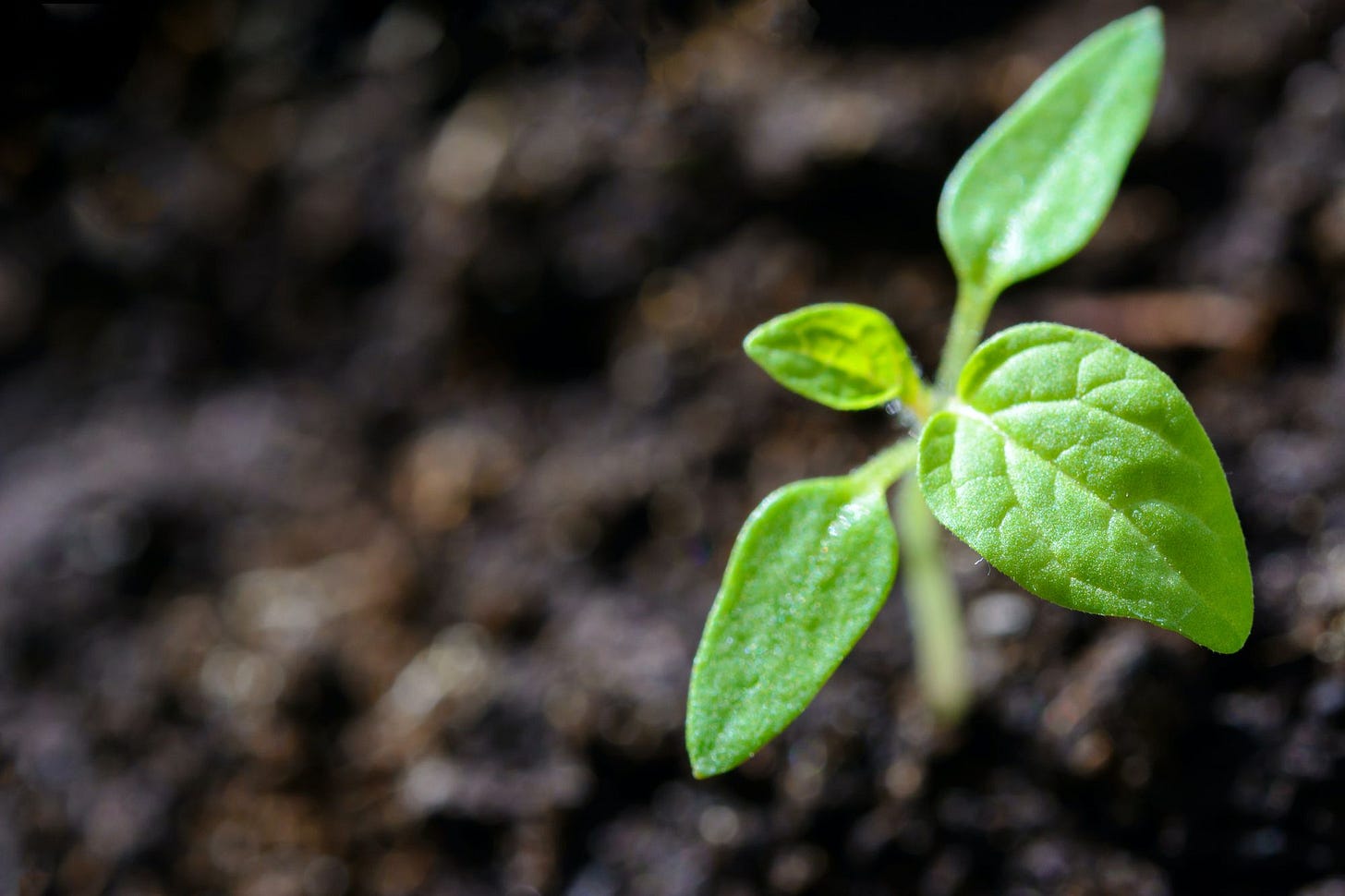Herbs
Magic hedgehogs & other Bulgarian rituals
Hi! Eleanor is still taking things a bit easy as she recovers and catches up after getting COVID, but she'll be back for good on Wednesday with another story about lactating egglayers. In the meantime, I'm Rebecca from the Ubergroup here to share some of the research I've done into herbs, especially ones that are important in Slavic traditions and folkl…


